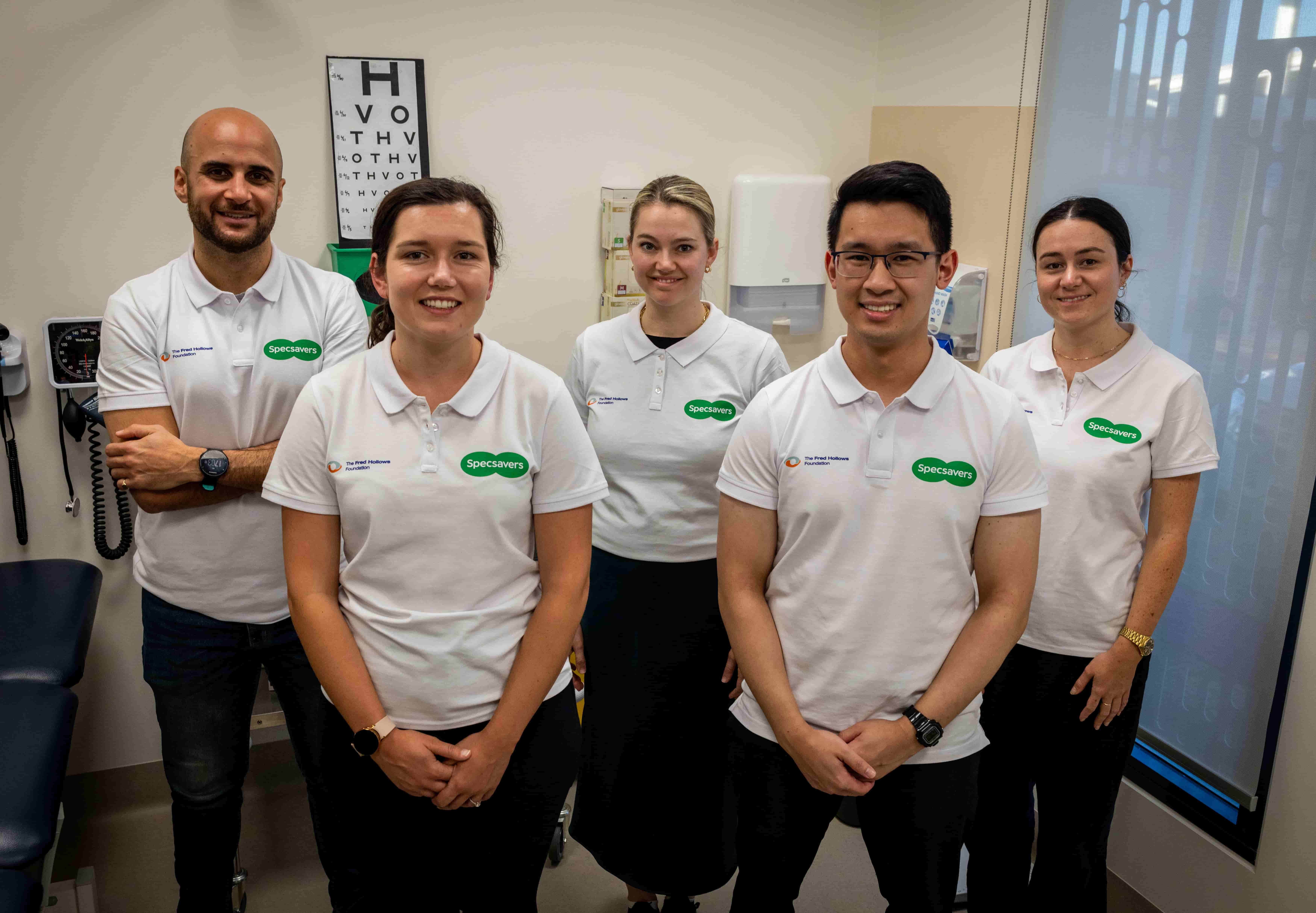Employee giving vs. corporate donations: Which strategy delivers better ROI?

As a business dedicated to giving back to society, no doubt you will have looked at different employee giving programs and corporate donations arrangements. But knowing which of these two models offer more potential positive impact, will resonate more successfully with your employees, and offer more effective elevation of your brand’s reputation is something else.
Understandably, resources are not infinite so knowing which strategy delivers a better return on investment (ROI) can be important for business owners and leaders. So, let’s dive into comparing the two approaches to corporate social responsibility-inspired giving.
Employee Giving vs. Corporate Donations
What exactly is the difference between the two?
Corporate donations involve the giving of philanthropic gifts from across the company. These donations can be financial, i.e., cash, but they can also be made as in-kind gifts made directly to the not-for-profit (NFP) or charitable cause.
Employee giving programs are designed to offer a company’s employees to contribute their own funds or time (through volunteering or expert service) to a charity or NFP. Many businesses who want to ensure a higher ROI on their philanthropy will offer a matching program where the business will match (thus doubling) their employees’ donations.
Comparing the Different CSR Strategy Options
There are different considerations to take into account. While we have broken them down below, an overall appraisal will be the right approach for your particular business.
Cost and resourcing
When it comes to budgeting costs and allocating resources it can be easier to engage in corporate donations. You can set a predictable and controllable amount and thus better manage cash flow and resources.
Whereas with employee giving, there needs to be some investment in administrative infrastructure to help run the program. If you offer donation matching, this can pose some unpredictability in your budget variance.
Return on Investment
Corporate donations make it more difficult to measure direct ROI unless it is explicitly tied to business objectives. On the other hand, employee giving offers a number of measurable ROI factors, e.g., participation rates, hours volunteered, and employee satisfaction metrics.
Impact
Both employee giving programs and corporate donations provide opportunity for outsized impact to end avoidable blindness. For corporate donations the impact may be significant in size but feel indirect by employees. For employee giving, the aggregate amount can grow to a significant amount and matching programs offer even higher cumulative potential.
Employee Engagement
Whilst both CSR strategy initiatives will help motivate and inspire your team, corporate donations can be seen as more of a company initiative whereas employee giving empowers individuals and can foster a more personal sense of pride.
Brand Reputation
Corporate social responsibility commitments undoubtedly improve public perception of your brand. Corporate donations can attract media coverage, public recognition and positive customer perception. Whereas employee giving is a little harder to be used for garnering attention but can foster more robust trust and loyalty from potential customers.
Case Study: Specsavers and The Fred Hollows Foundation

Each year, long-term partner Specsavers releases special edition frames in support of The Fred Hollows Foundation. One collection featured artwork by Aboriginal artist and Gumatj leader Peter Datjing Burarrwanga, painted after his sight was restored through cataract surgery.
Photo credit: The Fred Hollows Foundation
Here at The Fred Hollows Foundation, a non-profit dedicated to improving access to quality eye care for those who need it most, we have the privilege of working with a number of renowned companies.
Specsavers is a leading example of one of these long-standing collaborations and demonstrates, in many ways, the potential of corporate partnerships in donations. Specsavers and The Fred Hollows Foundation have worked together to end avoidable blindness, ensuring more people receive the eye care they need.
Brand and Mission Alignment
Of course, the Specsavers–Fred Hollows Foundation partnership works on many levels, not least as a result of the fact that both organisations work in the sight industry.
By dedicating its CSR strategy to a foundation dedicated to helping restore sight, Specsavers is aligning its core business with its philanthropic initiatives.
Specsavers Community Program
This synergy enabled Specsavers to implement a nationwide initiative of Specsavers Community Program where a portion of every glasses sale goes to the Foundation. This promotes its charitable activity, includes customers in the program and offers a measurable ROI.
The ROI of Philanthropy for Specsavers
Since the partnership with the Foundation began, Specsavers has donated more than $10 million across Australia and New Zealand in support of The Foundation's sight-restoring work. This critically important funding has been instrumental in funding programs that address eye health inequities, particularly among Aboriginal and Torres Strait Islander communities.
Beyond Financial Support
The arrangement with Specsavers has also provided support to The Foundation above and beyond financial contributions.
1. Equipment and service
Leveraging its core business, Specsavers also provides eye health equipment to Aboriginal Health Services and runs a skilled volunteering program, empowering its optometrists to serve remote and underserved communities.
2. Volunteering opportunities
The Optometry Outreach Program enables employees to volunteer their time and expertise in communities that need it most. Each year, Optometrists from Specsavers stores volunteer and travel to Lightning Ridge, NSW, to assist the Outback Eye Service to deliver vital eye care services to people in the region.
 The Fred Hollows Foundation and Specsavers joined the Outback Eye Service team in Lightning Ridge, NSW, to deliver vital eye care and help clear the backlog of patients waiting for treatment since the pandemic.
The Fred Hollows Foundation and Specsavers joined the Outback Eye Service team in Lightning Ridge, NSW, to deliver vital eye care and help clear the backlog of patients waiting for treatment since the pandemic.
Photo credit: Daniel Jesus Vignoli
3. Cultural engagement
Each year, Specsavers releases Limited Edition Frames featuring Indigenous artwork to help promote the cause and donates $25 from each sale in support of the Foundation’s Indigenous Australia Program.
4. Intergenerational impact
Last not least, the Specsavers-sponsored annual Fred Hollows Humanity Award, recognising Year 6 students who exemplify compassion, integrity, and kindness, is going a long way to inspiring the next generation of givers.
Explore Opportunities for your Corporate Social Responsibility Initiatives
The Specsavers and The Fred Hollows Foundation partnership illustrates the many, varied and significant ways in which employee giving programs and donations can work and the types of ROI philanthropy can be measured against.
Ultimately, the right giving program for your business will depend on your CSR strategy, mission and context. You may opt for corporate donations or matching what your employees give, or you may effectively blend both approaches…
The important takeaway is to understand that your business can not only make a lasting, positive impact on the lives of many through a partnership with a not-for-profit such as The Fred Hollows Foundation, but that there can also be a range of tangible business-related returns on investment for your company.
To find out more about how our corporate partnerships work and explore how your business can take part, visit our website or reach out to our team today.
Meet the author
Related articles

5 reasons why our donors trust us

Corporate giving: What is it and why is it so important?

